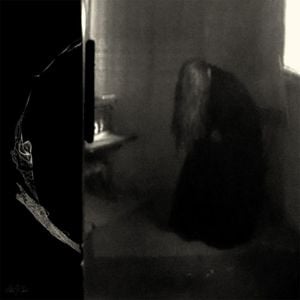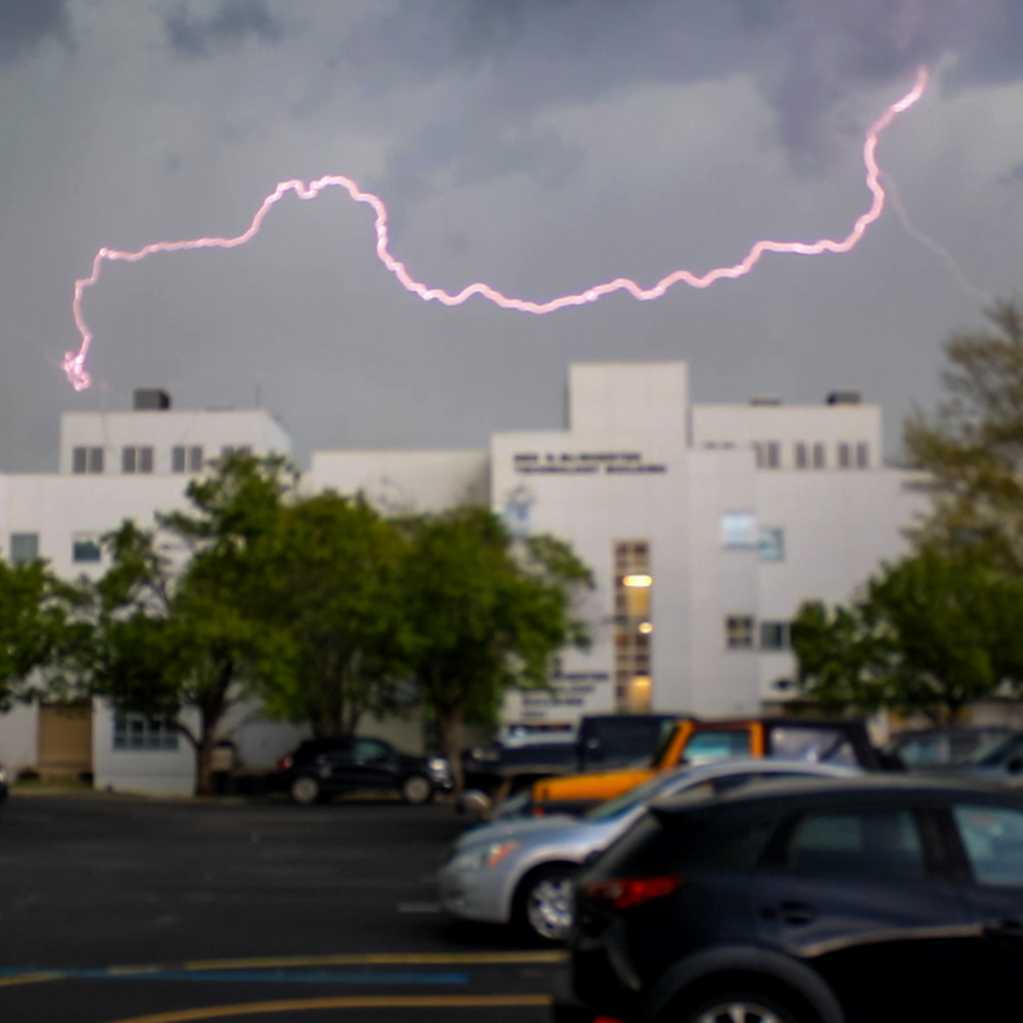By Tori Taylor, with additional reporting by Draven Copeland and Rocket Belden
As a woman in today’s society, I live in constant fear. Women everyday are faced with challenges that stem from their objectification in media and culture, things like being sexualized because of the clothes that they wear, or fearing for their safety when alone. Thousands of women are sexually assaulted daily; is it a wonder that many of us fear every day that we could be raped?

Being a young person in America comes with a lot of problems, yet women are disproportionately more likely to be victimized sexually. A survey conducted by the CDC found that 4% of men and 27% of women had been victims of rape or attempted rape. Even more startlingly, the Rape, Abuse, and Incest National Network has found that “Females ages 16-19 are four times more likely than the general population to be victims of rape, attempted rape, or sexual assault.” The CDC backs this up, estimating that 60,000 children are sexually abused each year.
One possible factor towards these horrifying statistics is the way that women are culturally disaffected early on in their lives by things like school dress codes. Of course, it is understandable why schools have a dress code, but the inordinate focus on women’s clothing is of concern. Shawn Fields explains this issue in his article “Institutionalizing Consent Myths in Grade School,” stating that “dress codes disproportionately target and affect girls for their inherently dangerous and distracting bodies. They sexualize minor female bodies, place the onus on girls to take steps to prevent being objectified, and then place blame on girls for the sexually predatory actions of others.”
Even clothing as trivial as a tank top is often “breaking the dress code” in children’s schools. Not every female that wears a tank top wants to get attention, yet rules like this that girls are required to live by so early on in life teach both men and women that this is not the case.
The dangers and fears that come with this attitude towards women and their perceived desire for attention carry on into adulthood. To this day, when I go out with my friends, I am still constantly looking over my shoulder looking for who is behind me at all times.
Even when surrounded by friends, there are times that women still must be on alert; going to the bathroom alone can be the most nerve-wracking thing as a woman. No, women do not go to the bathroom together to braid each other’s hair; we go together because we do not want to get raped in a public bathroom.
Young women often carry trauma along with them. According to the Cleveland Clinic, 94% of women who experience sexual assault will experience PTSD. The Mayo Clinic reports that after sexual assault, women may also experience OCD, anxiety, loss of sense of self, derealization, or emotional disregulation.
When children are raped, they likely do not understand what is happening to them. Children who are raped may struggle to come to terms with their rape until they are older, or even lose their memories of the events as a trauma response. When it comes to sex, active consent is vital; children never have the ability to consent to sexual acts.
When women become mothers, we cherish and nurture our children; we do not want to live in constant fear for our daughters. Sharon Kingsley explains in her article the fear and distress she felt when her daughter was raped. She recalls getting a call from her “18-year-old daughter sobbing, saying she was at the police station… She said she had been raped, and [Kingsley’s] heart stopped.” Kingsley went on to reassure her daughter, and tell her that “by going to the police, she had taken her power back.” No mother wants to hear such awful news coming from her own child.
Women may blame themselves for their assault, and experience lasting emotional effects from it that impact how they think about themselves. Self-esteem can be heavily impacted, and many women may even experience suicidal thoughts. In reality, it is not the fault of the victim. Women may hate themselves every single day because of what they have gone through in the past. What I have gone through in the past.
Women do not exist solely as objects. We have feelings, we have lives, and we do not want our lives to be over because of what men think about us, because of the clothes we wear, or the way we choose to live our lives. We have futures, and we do not want to live stuck in the past, plagued by PTSD after an assault. Women deserve to live full lives with bright futures. No man should have the power to take that away.
TO GET HELP
If you have been a victim of sexual assault, support is available to you on campus.
You can file a report with George Underwood, the Executive Director of Institutional Compliance/ Title IX Coordinator, at any time—whether during business hours or after.
Email: gtunderwood@pstcc.edu | Phone: 865.539.7354
You are not alone, and there is help available for you.






